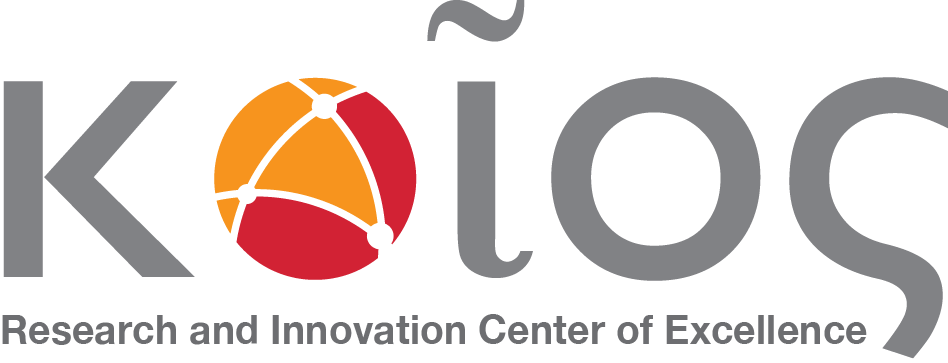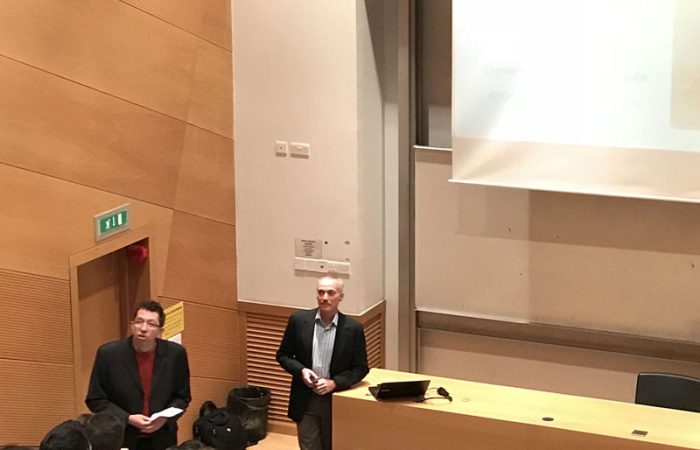The KIOS Research and Innovation Center of Excellence of the University of Cyprus as part of the KIOS Distinguished Lecture Series, hosted recently the internationally acclaimed Professor from Imperial College London, Prof. Alessandro Astolfi.
Professor Astolfi, is currently Professor of Nonlinear Control Theory and Head of the Control and Power Group in the Department of Electrical and Electronic Engineering at Imperial College London. He is the Editor-in-Chief of the IEEE Trans. on Automatic Control and he has served as Editor-in Chief for the European Journal of Control (2013-2017) and Deputy Editor-in-Chief for Annual Reviews in Control (2013-2016). He was Associate Editor for several journals, including the IEEE Trans. on Automatic Control (2004-2011), Automatica (2002-2017), and the European Journal of Control (1999-2013). Dr. Astolfi is a Fellow of IFAC (2017), a Member of the Academia Europaea (2016), an IEEE Fellow (2009), and a Fellow of the IET (2005). Some of his most recent awards include the International Federation of Automatic Control Outstanding Service Award (2017), the Institute of Measurement and Control Sir Harold Hartley Medal (2016), and the Automatica Best Paper Award (2017).
His lecture entitled “Moments of Nonlinear Systems: From Model Reduction to Identification and Circuits Theory” was the third lecture of the KIOS Distinguished Lecture Series. The KIOS Distinguished Lectures are delivered by world-renowned and leading scientists who are invited to talk about cutting-edge research and innovation advances in their field. The Distinguished Lecture Series is an excellent way to facilitate an exchange of ideas between the speakers, students, faculty, and the public on the latest technological advances.
These lectures are broadening the educational experience of the students, the researchers, and the wider University community, industry and the public. Through these lectures, KIOS is striving to achieve its vision of seeking and spreading new knowledge, while also allowing the motivated researchers of the Center to be exposed to a diversity of people, backgrounds, and ideas.



